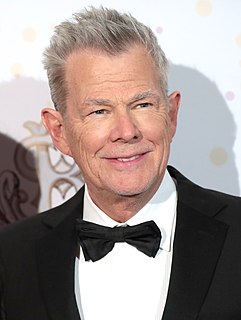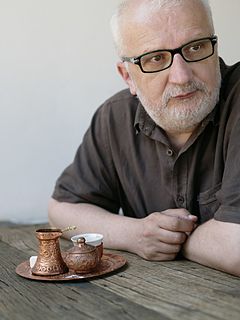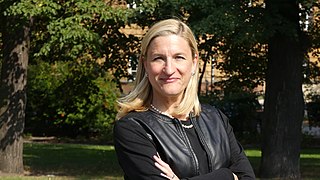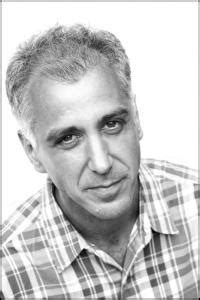A Quote by Adrienne Rich
Behind all art is an element of desire...Love of life, of existence, love of another human being, love of human beings is in some way behind all art — even the most angry, even the darkest, even the most grief-stricken, and even the most embittered art has that element somewhere behind it. Because how could you be so despairing, so embittered, if you had not had something you loved that you lost?
Related Quotes
It seems like the big difference between good art and so-so art lies somewhere in the art's heart's purpose, the agenda of the consciousness behind the text. It's got something to do with love, with having the discipline to talk out of the part of yourself that can love instead of the part that just wants to be loved.
Human beings are funny. They long to be with the person they love but refuse to admit openly. Some are afraid to show even the slightest sign of affection because of fear. Fear that their feelings may not be recognized, or even worst, returned. But one thing about human beings puzzles me the most is their conscious effort to be connected with the object of their affection even if it kills them slowly within.
My love for the child asleep in the crib, the child's need for me, for my vigilance, had made my life valuable in a way that even the most abundantly offered love, my parents', my brother's, even Tom's, had failed to do. Love was required of me now--to be given, not merely to be sought and returned.
In the beginning, the energy involved to create came from my reaction to the work of other artists. The force behind this was aggression. The art that I saw was great, but I had to reject it, because I could not continue in the same direction. So I had to do something entirely different. It had to be so different, so extreme, that those who loved pop art, for instance, hated me. And this was my strength.
Love—the desire to love and be loved, to hold and be held, to give love even if your experience as a recipient has been compromised or incomplete—is the constant on the continuum of hunger, it's what links the anorexic to the garden-variety dieter, it's the persistent pulse of need and yearning behind the reach for food, for sex, for something.
This deliberately nurtured hatred then spreads to all that is alive, to life itself, to the world with its colors, sounds, and shapes, to the human body. The embittered art of the twentieth century is perishing as a result of this ugly hate, for art is fruitless without love. In the East art has collapsed because it has been knocked down and trampled upon, but in the West the fall has been voluntary, a decline into a contrived and pretentious quest where the artist, instead of attempting to reveal the divine plan, tries to put himself in the place of God.
Human love, human trust, are always perilous, because they break down. The greater the love, the greater the trust, and the greater the peril, the greater the disaster. Because to place absolute trust on another human being is in itself a disaster, both ways, since each human being is a ship that must sail its own course, even if it go in company with another ship.... And yet, love is the greatest thing between human beings.
Some wars are about bombing. For the people of the Baltics, this war was about believing. In 1991, after 50 years of brutal occupation, the three Baltic countries regained their independence, peacefully and with dignity. They chose hope over hate and showed the world that even through the darkest night, there is light. Please research it. Tell someone. These three tiny nations have taught us that love is the most powerful army. Whether love of friend, love of country, love of God, or even love of enemy - love reveals to us the truly miraculous nature of the human spirit.
There are many ways to love someone. Sometimes we want love so much, we're not too choosy about who we love. Other times, we make love such a pure and noble thing, no poor human can ever meet our vision. But for the most part, love is a recognition, an opportunity to say, "There is something about you I cherish." It doesn't entail marriage, or even physical love. There's love of parents, love of city or nation, love of life, and love of people. All different, all love.
I had the feeling of slipping down a smooth bottomless pit. It had nothing to do with Breuer and the people. It had nothing to do with Pat even. It was the melancholy secret that reality can arouse desires but never satisfy them; that love begins with a human being but does not end in him; and that everything can be there: a human being, love, happiness, life — and that yet in some terrible way it is always too little, and grows ever less the more it seems.
Isn't it grand, isn't it good, that language has only one word for everything we associate with love - from utter sanctity to the most fleshly lust? The result is perfect clarity in ambiguity, for love cannot be disembodied even in its most sanctified forms, nor is it without sanctity even at its most fleshly. Love is always simply itself, both as a subtle affirmation of life and as the highest passion; love is our sympathy with organic life.







































